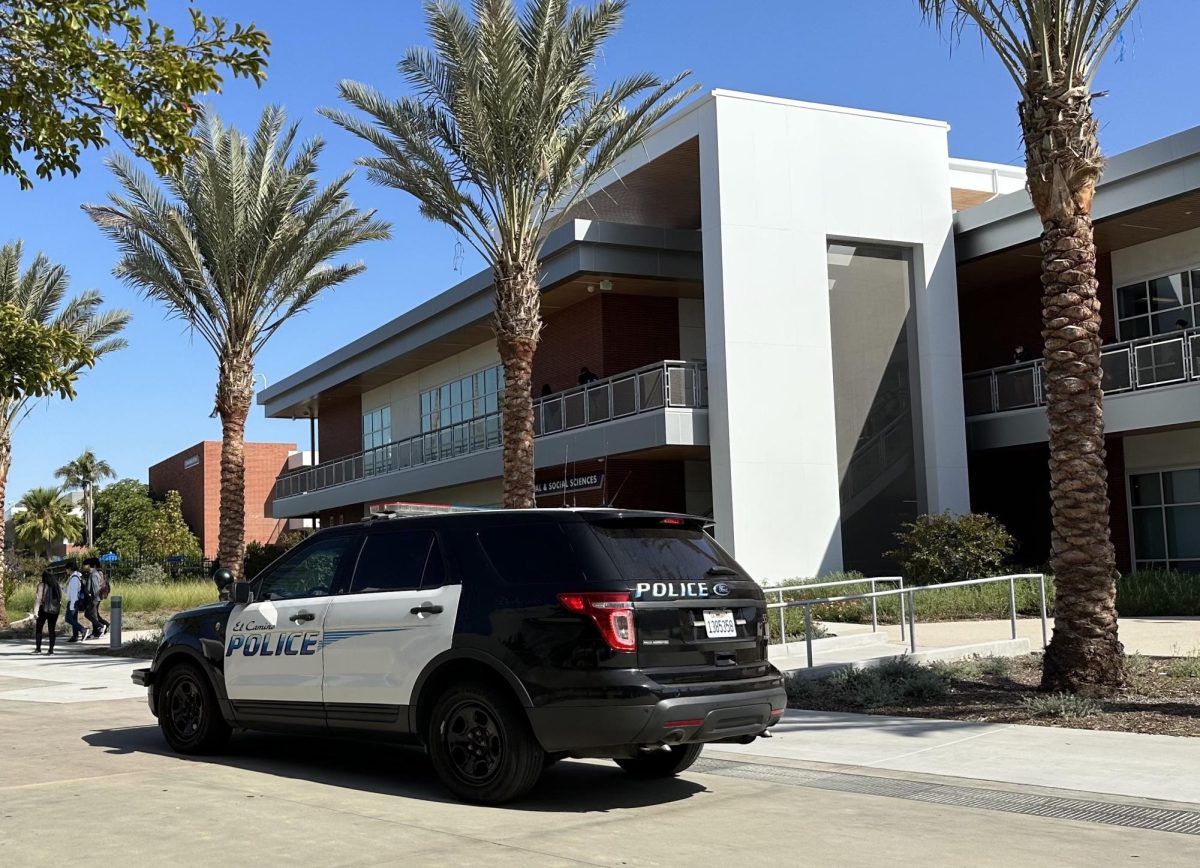Students receiving too many A’s have caused some concern among college campuses nationwide, but at EC there is no need to worry.
Recent suspicion of “grade courtesy” at college campuses has set off concerns among some administrators who are taking steps to try to control what is being called a grade inflation trend.
A recent article published by the Daily Princetonian stated that administrators approved an anti-grade inflation proposal.
The measure intends to control the alleged rise in “good grades” at Princeton. This rise is being considered a national phenomenon on college campuses.
“Instructors should give the grade that a student earns,” physical education major Oscar Rodriguez said. “If a student deserves an ‘A’ then he or she should get it.”
However, administrators at EC don’t believe they have to worry about any grade inflation occurring here. They are confident that if there is a problem, it will not get out of hand.
“Statistically, there doesn’t seem to be a trend,” Thomas Lew, dean of fine arts, said. “Or it’s not big enough to say that this is something suspicious.”
When comparing the number of letter ‘A’ grades given in the spring of 1994 to the spring of 2003, there was a small difference-less than a 3 percent rise in a ten-year period.
Although the numbers were only rough drafts and not the final numbers, they were close enough to compare and to determine that there is no evidence to indicate grade courtesy, Lew said.
“You come across certain patterns and see some variation,” Lew said. “That because it’s just the course of things.”
“Many things have changed in the last ten years, even the last two,” Lew said. “There aren’t as many classes available and it could be that students might be getting more serious about school.”
Lew acknowledged that adequate research on the issue has not been conducted.
He also said that the topic of grade inflation hasn’t been addressed in the deans’ meetings in years.
“I can’t say if there’s a trend because I haven’t looked at all the years,” Lew said.
“My general sense is that the standards the faculty applies are just as vigorous as they were ten years ago; I don’t think I’ve ever had to talk to any individual about grade inflation,” he said.
As for setting limits or expectations on instructors to turn in certain grades, Lew said that instructors are left alone to apply their criteria for grading without ever instigating them to turn in certain grades.
“I think it is completely wrong to set limits or expectations on grades,” Oscar said. “Limiting grades would also limit student performance.”
Furthermore, Lew said he keeps his eyes open for any instructors who might be too harsh or too lenient when grading students.
“I will say something if an instructor gave all students A’s,” Lew said.
“By the same token, I would say something if they failed everyone in the class,” he said.
For sophomore Roberto Rodriguez, professors at EC have a strong grading criteria that benefit students making them try harder.
“Every course I have taken has had instructors who are strict, but fair,” Rodriguez said.
“Every grade I have received I had to work hard to earn,” he said.
“I’ve only had instructors who have given the grades we earn,” Rodriguez said.
“Here at EC, I’ve never seen any students get the grades that they don’t deserve,” he said.
Lew said he is confident in the faculty at EC and is not worried that any trend will affect EC.
“You have to have confidence in your faculty to judge the quality of your students,” Lew said.
“Students must be rewarded accordingly for their work,” he said.







